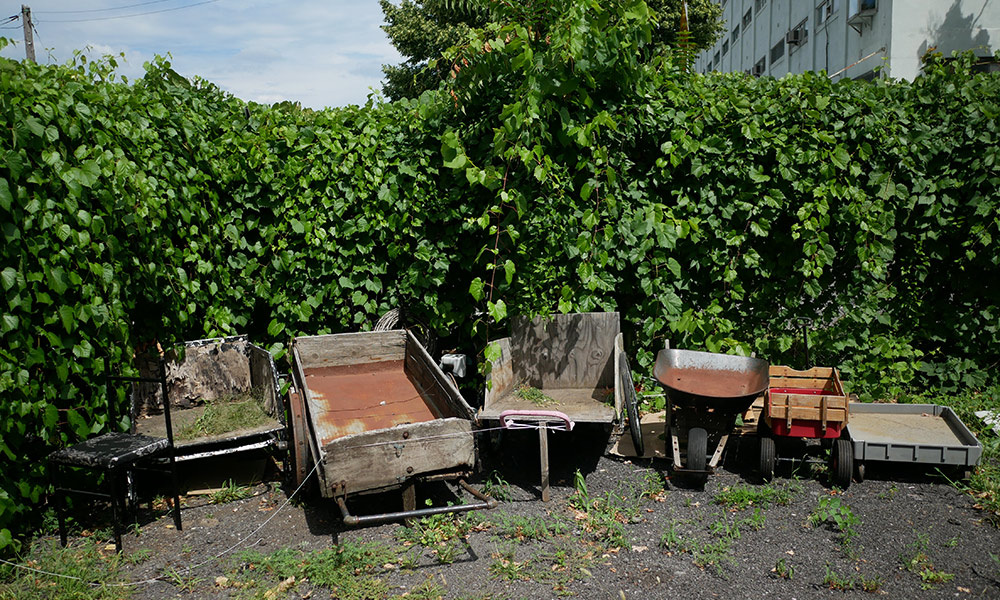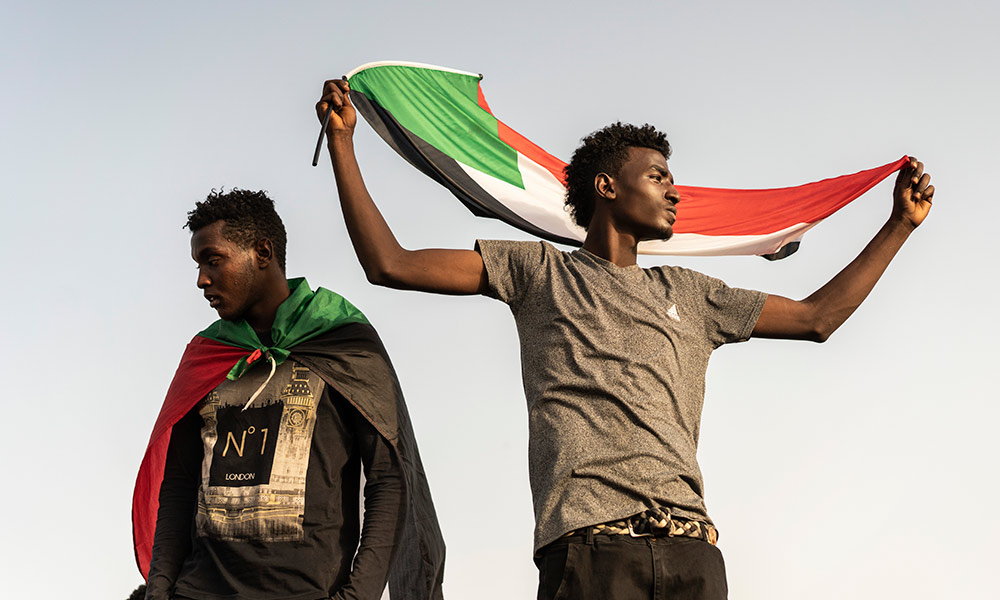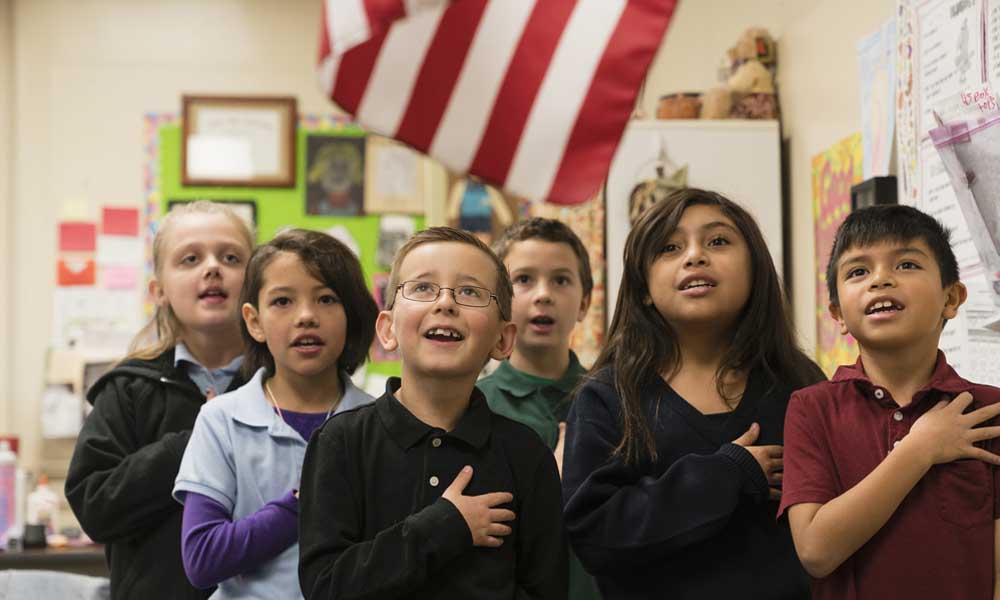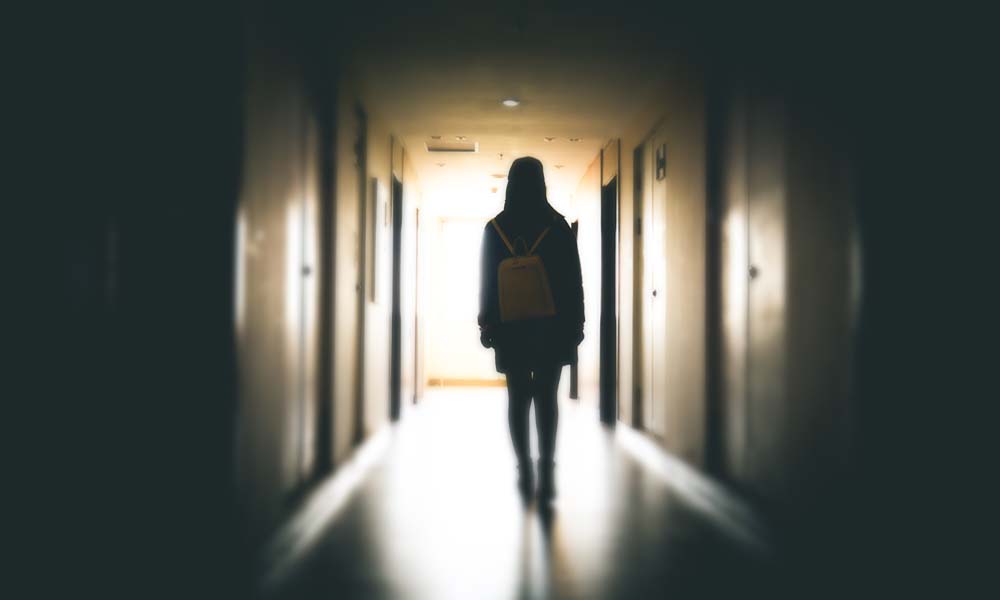
How do physical spaces help create community?
In her highly visual, multi-year project “Fertile Ground,” cultural anthropologist Kathryn Mariner is researching placemaking in the city of Rochester, and her focus on how community is formed is shared by this year’s Humanities Center lectures.

Jumpy stock market hides economy’s positives
The Dow Jones Industrial Average has been on a wild ride in August, but University of Rochester economist Narayana Kocherlakota thinks that talk of a possible recession in the US is premature.

Charter schools are not all equal
Rochester economist John Singleton’s research could help educational policymakers to craft guidelines and practices for charter schools that are in the best interests of all students.

Expect the Fed to begin lowering interest rates
Next week’s meeting of the Federal Reserve will likely mark the beginning of a prolonged period of lower interest rates, says Narayana Kocherlakota, professor of economics and a former president of the Federal Reserve Bank of Minneapolis.

What can trigger violence in postcolonial Africa?
Why have civil wars and insurgencies occurred in Sudan and Uganda, but not Kenya? A new study finds the origins of ethnic violence in precolonial political organization.

Teenagers’ ability to describe negative emotions protects against depression
A Rochester study shows that teenagers who can describe their emotions in precise and nuanced ways—saying ‘I feel ashamed’ instead of simply saying ‘I feel bad’—are better protected against depression than their peers who can’t.

Should we teach children patriotism in school?
In an interview with the Irish Times, University of Rochester philosopher Randall Curren discusses the role of “a proper, virtuous kind of patriotism.”

Do political term limits work?
Rochester political scientist Lynda Powell, who has studied the effects of legislative term limits since 1995, testified on Capitol Hill about her research findings on the matter.

Trying to stem the tide of rising teen suicide rates
Researchers and clinicians, among them experts at the University of Rochester and the Medical Center, have been working hand in hand to address the increase of children and adolescents experiencing a suicide crisis.

2019 d.health Summit addresses social determinants of health
Now in its fifth year, the d.health Summit will address the non-medical factors the affect health, such as economic security, education, physical environment, employment, social support networks, and access to care.
